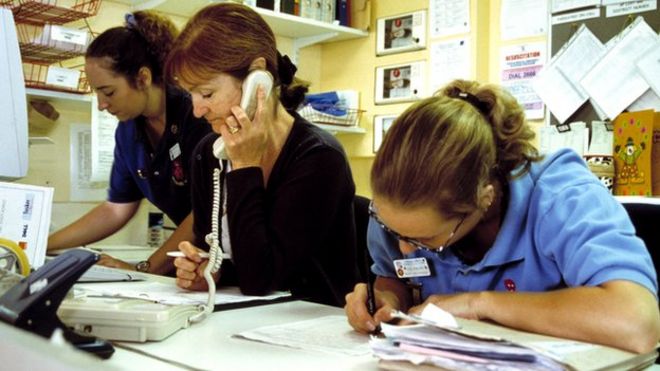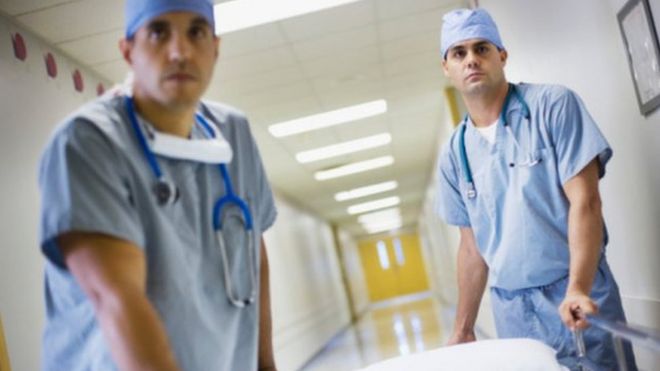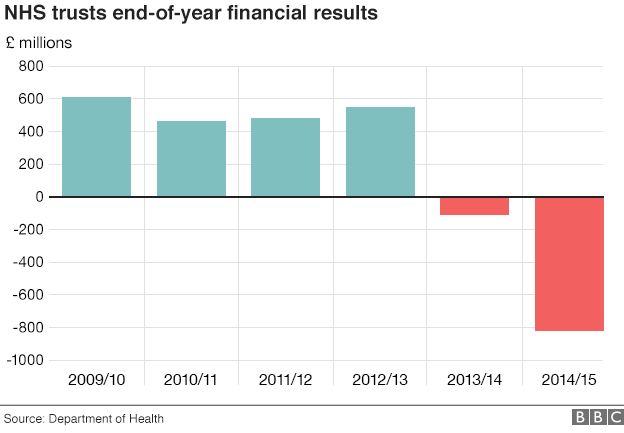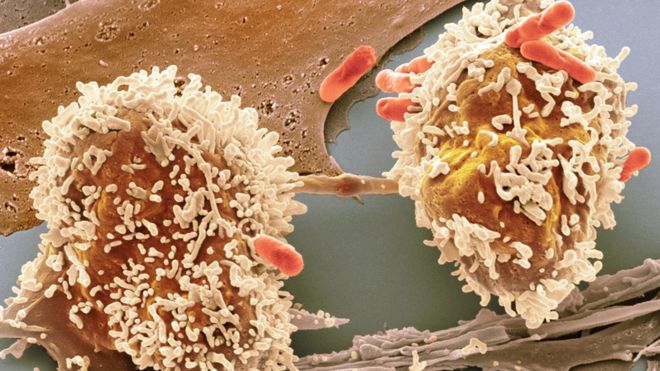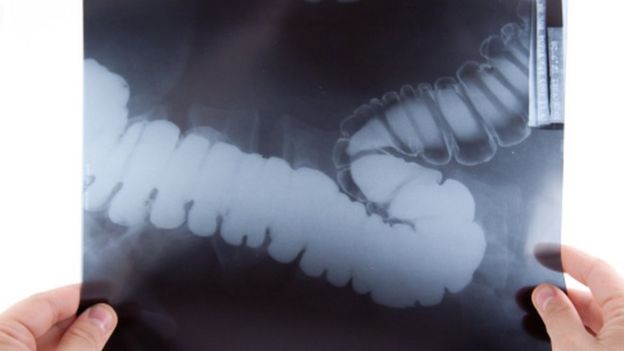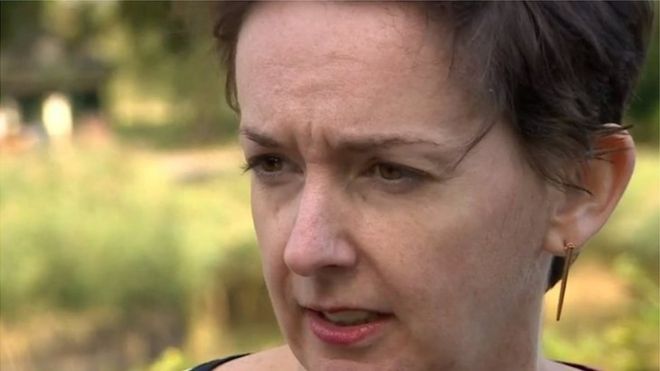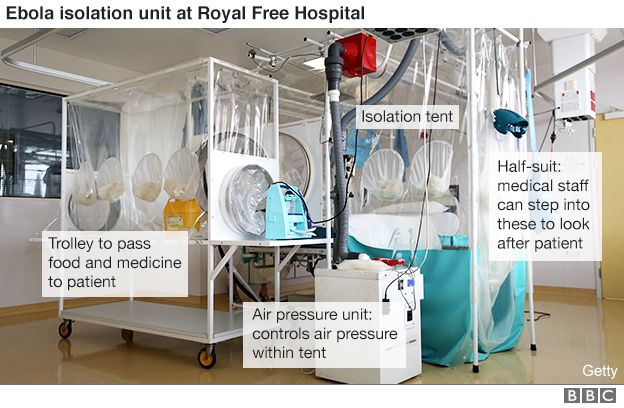More patients in Scotland given antidepressants
- 13 October 2015
- Scotland
 Thinkstock
Thinkstock
The number of people in Scotland treated with antidepressants has risen by 5% in the past year, according to official figures.
The drugs were dispensed to 814,181 patients in 2014/15. Since 2009/10, use of antidepressants has increased by 28.5%.
Two-thirds of the patients given the drugs were women, with use peaking in the 50-54 age group.
The figures indicated antidepressant use was associated with deprivation.
They recorded 225,969 patients in the poorest parts of Scotland receiving the drugs, compared with 110,507 in the least deprived areas.
The total cost of antidepressants to the NHS in Scotland was £40.8m. The use of lower-cost drugs means this figure has fallen by one-third over the past 10 years.
'Extremely alarming'
The figures were described as "extremely alarming" by Conservative health spokesman Jackson Carlaw.
He said: "Years ago the SNP pledged to stop this rise, yet it hasn't even been able to make a dent in it.
"We are now looking at the flabbergasting statistic of more than one in seven people in Scotland being prescribed antidepressants this year.
"There's no doubt these drugs have a place in addressing mental health issues. But we urgently have to look at better alternatives than simply parking people on medication in the hope things don't get any worse, with no aspiration for complete recovery."
Liberal Democrat health spokesman Jim Hume also voiced his concern.
"The fact that we have seen such substantial increases in prescriptions raises real concerns over whether this reflects shortages in other services," he said.
"We need to ensure that doctors across Scotland are able to refer patients to the services that offer them the best chance of recovery. If doctors are prescribing anti-depressants because they feel they have no other option then this is a real problem.
"These figures should raise a red flag for SNP ministers. They underline the need for greater investment in mental health services across Scotland."
Stigma 'declining'
Jamie Hepburn, the Scottish government minister responsible for mental health, said: "The Scottish government has long worked hard to reduce the stigma faced by people with mental health problems.
"As this stigma declines we would expect more patients to seek help from their GPs for problems such as depression.
"This is reflected in recent statistics which show a 27% increase in the numbers of people starting treatment for psychological therapies in the quarter ending June 2015 - compared to the same period last year."
He added: "People with mental health conditions can be amongst the most vulnerable people in our county and it's vital that the health service is properly equipped to give them the support and treatment they need. That is why we are investing an extra £100m to further improve mental health services.
"This will include funding for child and adolescent mental health services, and will help bring down waiting times. It will also be targeted at improving access to services, and in particular psychological therapies."
